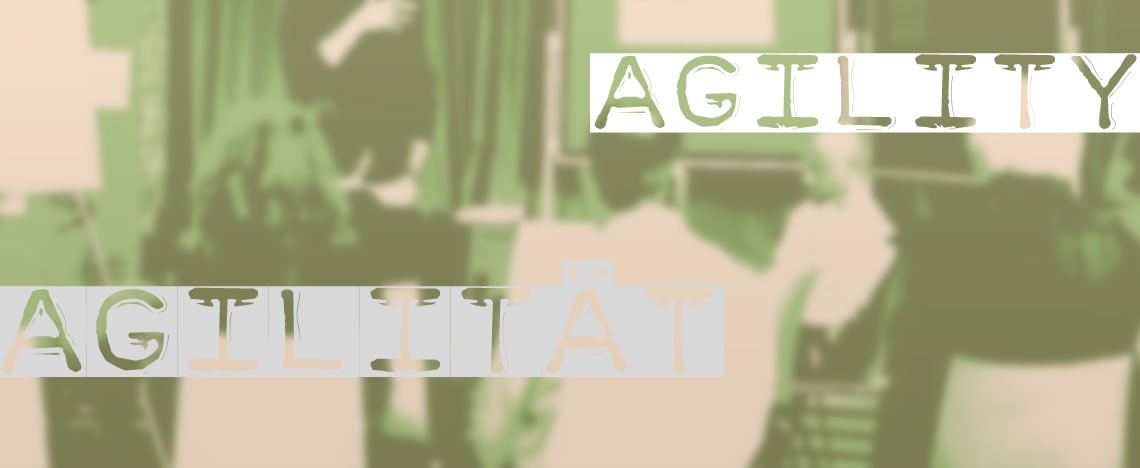Agility is not just a fashion

- facilitation at meetings
- team supervision
- support for managers
- mediation in conflicts
- development of self-organization
- coaching for self-organized teams
- new elements and settings of management training
In short, it is becoming increasingly important to recognize gaps and cultural spheres, make use of them and turn them into a stage. Agile methods like SCRUM are external measures that demand structural changes. Compared to soft measures, it is relatively easy to introduce these methods. It is particularly important in this situation to pay attention to the massive effects the changes will have on company cultures. These changes must be actively shaped and accompanied in the long term.
Agile Approaches in Consultancy
SYNNECTA supports persons and organizations who are in the midst of agile transformation or are planning to embark on agile transformation. We work according to an empirical approach, in short cycles (timebox), in iterative, incremental steps. Our consultancy work hinges on the principle of co-creation: our measures and solutions are always developed in close collaboration with our clients.
Agile Methods
Mature agile organizations and consultants use and combine a range of agile methods: Kaizen, Go Gemba, Curator, Lean, SCRUM, Effectuation, Kanban. In addition, our consultancy and support always stays true to the tenet that methods are means to an end. It is a person’s attitude and awareness that gives the method a purpose. This is in line with the agile manifesto: »Individuals and interactions are more important that processes and tools.«
Agile Transformation in Organizations
If you want to fill gaps with life in order to generate new opportunities, you need a feel for the essential as well as a sense for uncovering hidden issues: topics that are not plainly discernible but are reflected in the cultural sphere. We recommend training for internal ambassadors or consultants.
SYNNECTA offers a suitable training to become an Agile Culture Coach. It is the purpose of this training that internal persons will be able to support the cultural change in the future. An Agile Culture Coach will have been trained to methodically and strategically design the fields for development in a future agile organization and to offer cultural accompaniment to colleagues in agile contexts. The training is based on the elements »method« and »culture«, which are interlinked. The result is an intensive confrontation with agile practices such as SCRUM as well as with current systemic concepts for personality and organizational development.
Speak to us
Dr. Jörg Müngersdorff, Dr. Johannes Ries, Fetiye Sisko, Renate Standfest, Jutta-Anna Schroer.
